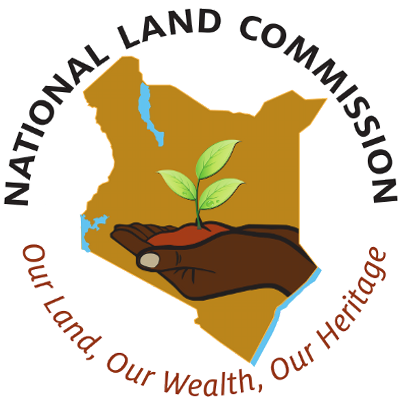In a major step towards addressing decades-old land grievances, the National Land Commission (NLC) held a public hearing on historical land injustices (HLI) at the Wote Green Park Amphitheatre, Makueni County.
The session, attended by residents, local leaders, and national officials, marks a significant moment in the Commission’s ongoing national efforts to resolve long-standing land disputes that have plagued communities across Kenya.
Out of the 14 cases presented by Makueni residents, only eight met the criteria for a historical land injustice claims, as provided under Article 67(2)(e) of the Constitution and Section 15 of the NLC Act. The Commission emphasized that only cases meeting strict legal criteria can proceed to determination.
Before the hearings commenced, the NLC delegation paid a courtesy call to Makueni Governor Hon. Mutula Kilonzo Jr.. Governor Mutula Jr. lauded the Commission for its efforts, especially for resolving the protracted boundary dispute between Makueni and Taita Taveta Counties at Mtito Andei — a long-standing flashpoint.
He further urged the Commission to expedite investigations into other unresolved matters, notably those concerning Manooni, Mulima, and the issuance of allotment letters to residents of Kathonzweni.
The NLC delegation was made up of Vice Chairperson Gertrude Nguku, Commissioner Hon. Tiyah Galgalo, and HLI Secretariat lead Edmond Gichuru. They also held discussions with Makueni County Commissioner Duncan Darusi, who underscored the urgent need to resolve disputes involving state institutions and communities, specifically citing ongoing tensions around South Eastern Kenya University (SEKU) land in Emali and the Dwa Farm conflict.
The public hearing concluded with instructions from the Chair of the panel Commissioner Prof. James Tuitoek for the parties to submit final written submissions within 14 days, after which the Commission will begin preparing its determinations and final recommendations.
These efforts form part of the NLC’s broader commitment to restoring justice, healing historical wounds, and promoting equitable land access and ownership across the country.
